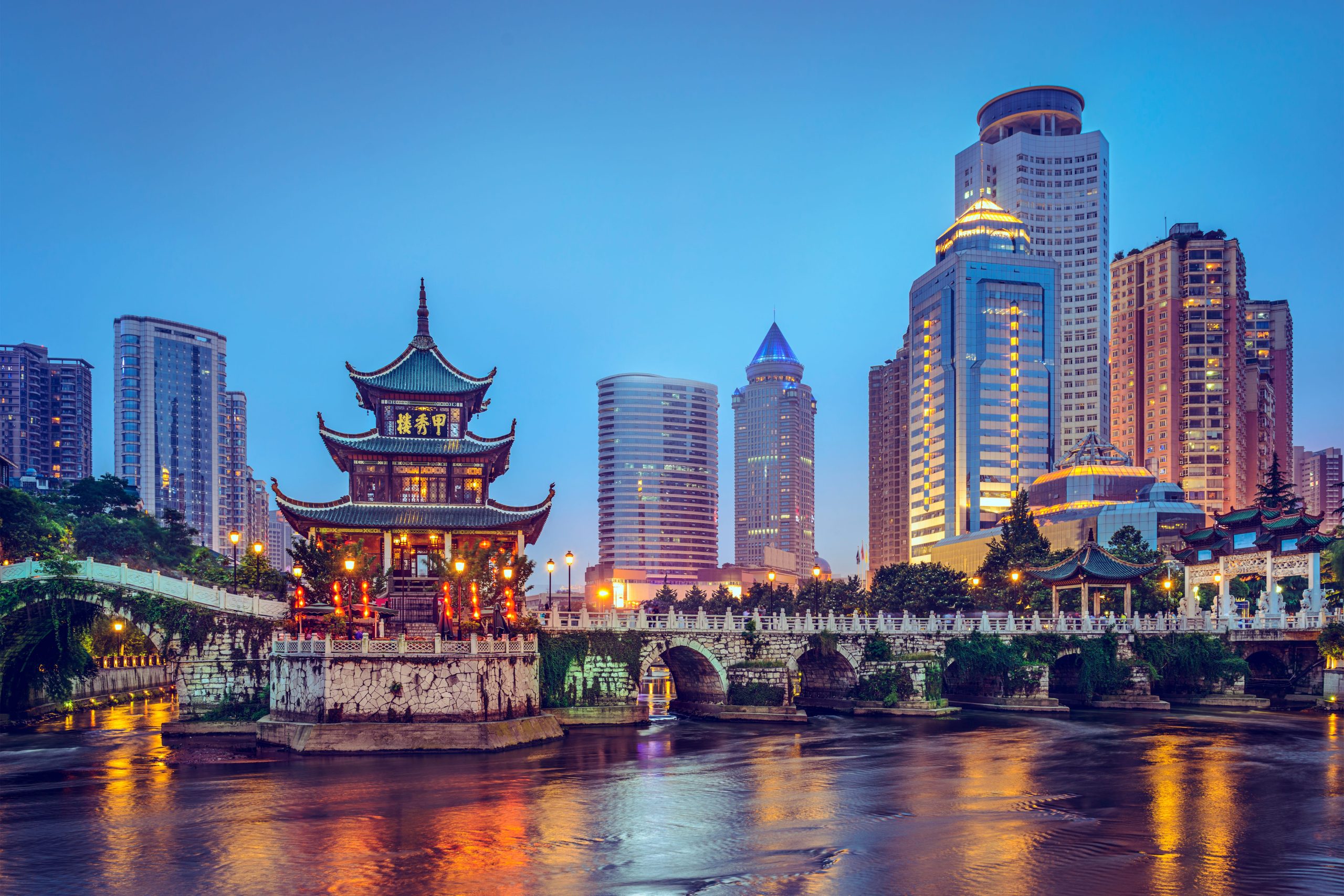Analysing Hydrogen Ukraine Energy Transition with H2Global

The results of the first tender within H2Global have been announced. Hydrogen Ukraine (H2U) has analysed the results in detail and considered the operational mechanism. They aim to explain the opportunities and challenges facing the renewable hydrogen market.
“The energy transition is no longer limited to mere words,” as said in the H2U statement. ”It is now a series of concrete steps and mechanisms already being implemented.”
At the beginning of 2021, H2U identified the German project H2Global as one of the key and target initiatives for participation. They planned to participate in this initiative to develop the market for renewable hydrogen and its derivatives. However, due to the full-scale invasion of Ukraine by Russia in February 2022, H2U was forced to change their status from a potential participant to an observer.
H2Global is an initiative to promote a global transition to clean energy, particularly by developing the renewable (green) hydrogen market and its derivatives. This mechanism was initiated to support the production and sale of renewable energy products. Those include green ammonia, green methanol, and synthetic aviation fuel (E-SAF).
- Ammonia is a raw material for fertiliser production, an important component for ensuring agricultural production.
- Methanol is a raw chemical, fuel, and solvent material.
- SAF is an alternative to traditional aviation fuel and helps reduce greenhouse gas emissions in the aviation sector.
The H2Global mechanism is administered by the German Federal Ministry for Economic Affairs and Climate Action (BMWK). However, the practical implementation of projects is carried out through Hintco GmbH, which is responsible for organising and conducting auctions and managing contracts for purchasing and selling hydrogen products.
How Does the H2Global Mechanism Work?
H2Global uses a double auction mechanism to purchase and sell hydrogen products. The purchase is carried out through a competitive process involving long-term agreements (10 years) for hydrogen procurement. This process ensures stable production and supply of hydrogen products. The sale of hydrogen derivatives also occurs through a competitive process but with short-term agreements (1 year). This allows market prices to be set and ensures availability for end consumers.
Hintco GmbH plays a key role as the operator of the H2Global mechanism. Hintco GmbH conducts auctions for both purchase and sale and subsequently manages contracts with producers and buyers, ensuring compensation for the price difference between purchase and sale using financial support from a special fund.
Key Goals Achieved by H2Global Structure Using Hintco GmbH:
- Efficiency. Centralised auction organisation and contract management increase process efficiency and reduce administrative costs.
- Transparency. The use of competitive auctions ensures transparency and fair pricing for hydrogen derivatives.
- Stability. Long-term hydrogen procurement agreements provide supply stability and support producers, while short-term sales agreements allow for flexible responses to market changes.
- Financial Viability. Compensating the price difference reduces financial risks for producers and attracts investments in renewable energy.
Tender Budget and Participation Criteria:
The first tender was announced in December 2022, with the following budget planned for the H2Global initiative:
- 2024: €20 million
- 2025: €60 million
- 2026-2033: €1025 million annually
There was no fixed volume of products for each hydrogen-based product. However, a budget of €300 million per lot with a tolerance of ±20% per lot was planned, but the total amount of all lots should not exceed €900 million.
Companies that had started projects before applying for participation in the tender were kept from participating. The project was considered to have started only after the contract for supplying and creating electrolytic capacities for hydrogen production necessary for hydrogen derivatives production was signed. Preliminary land acquisition, obtaining preliminary permits, preparing feasibility studies, and other preparatory activities were not considered project initiation.
Among the key criteria, it was stated that the value chain must be located outside the EU and the European Free Trade Association countries (Iceland, Liechtenstein, Norway, and Switzerland). The value chain includes the production, transportation, delivery, and storage of the proposed product until acceptance by the customer.
In addition to full technical requirements, another important section of the tender documentation was identified. Participants had to provide an environmental impact assessment report and a social impact assessment project along with their application. The potential seller had to ensure compliance with basic labour standards and apply an environmental management system.

